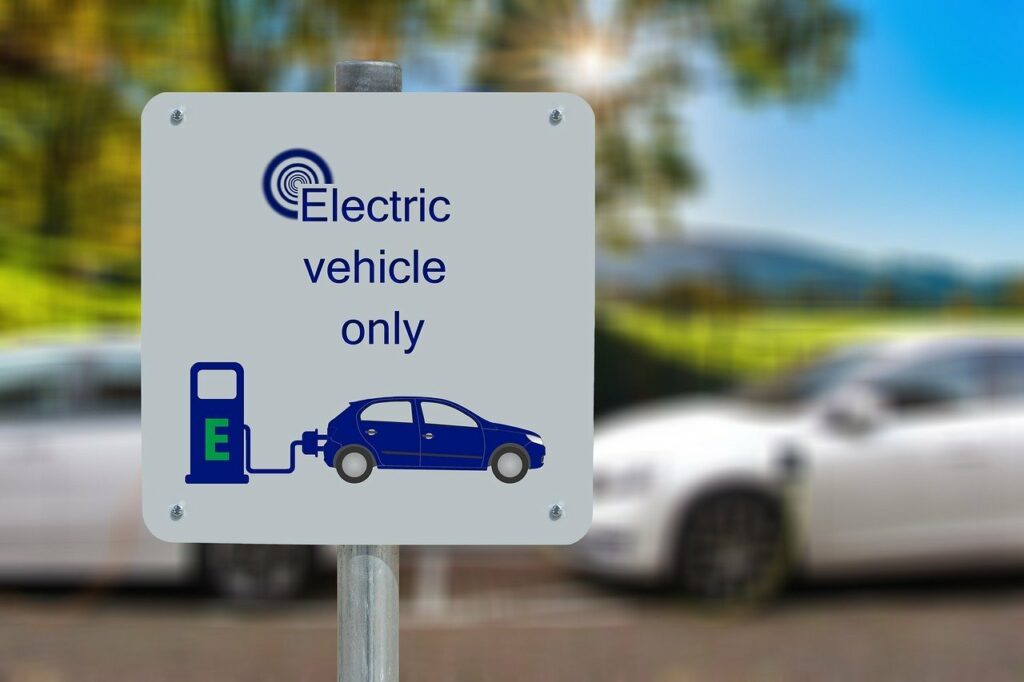The UK’s automotive sector is to receive £73.5 million in grants to help develop green transport technologies like electric vehicles (EVs) and safeguard jobs.
Ten projects across the country have been selected by the Department of Business, Energy and Industrial Strategy (BEIS), which look at everything from the manufacturing of crash-resistant batteries to developing new lighter electronics systems for vehicles.
Transport minister Rachel Maclean said: “As we look to kickstart our green transport recovery, new technologies and cleaner fuels are going to play an even greater role in achieving our aim of a greener and more prosperous economy.
“From recyclable batteries to state-of-the-art motors, not only will this funding create thousands of jobs, it will also bring us one step closer to achieving our net zero target within 30 years.”
The funding will help to protect more than 14,000 UK research and manufacturing jobs from the economic crunch caused by the COVID-19 pandemic.
By helping to develop recyclable batteries, advanced electrical systems and ultra-lightweight components, BEIS also hopes to position the UK at the forefront of vehicle decarbonisation, moving the UK closer to the next generation of electric taxis, cars and vans.
The projects were chosen by the Advanced Propulsion Centre (APC), and include Electric Vehicle Evolution’s EV efficiency project, Constellium’s crash-resistant battery project ALIVE and Jaguar Land Rover hydrogen fuel cell project ZEUS.
Jon Beasley, director of technology and projects at the APA said: ‘‘It’s an exciting time for the UK automotive industry – we are on the precipice of an innovation landslide. The technology we invest in now is set to make an impact on the next generation of vehicles.
“The 10 projects chosen to receive funding will all develop the next iteration of electrification solutions; showing that it is fast becoming the technology of choice for a wide range of vehicles and that it is vital to ensuring a sustainable low-carbon future.”
The funding follows a report by the APA released earlier this week (22 June), which showed that EVs present a £24 billion opportunity for the UK if it could seize a number of opportunities.
Despite vehicle sales slumping due to COVID-19, the EV sector has already begun to prove itself particularly resilient, with sale of battery EVs tripling in March. This followed on from January’s sales being 203.9% higher than in 2019, with 4,054 battery EVs registered during the month compared to 1,334 in the year previously.
As calls to bring the ban on internal combustion engines forward to 2030 continue to grow, the importance of the EV sector has seemingly never been greater.





